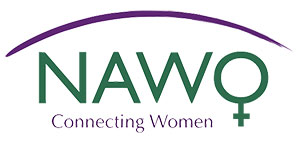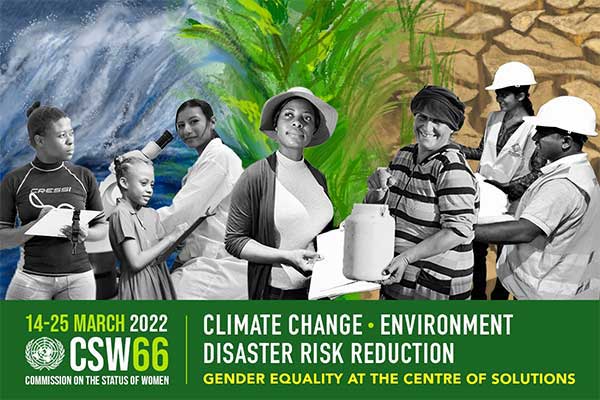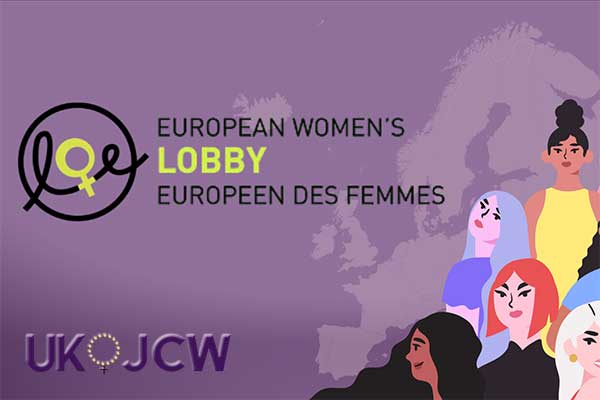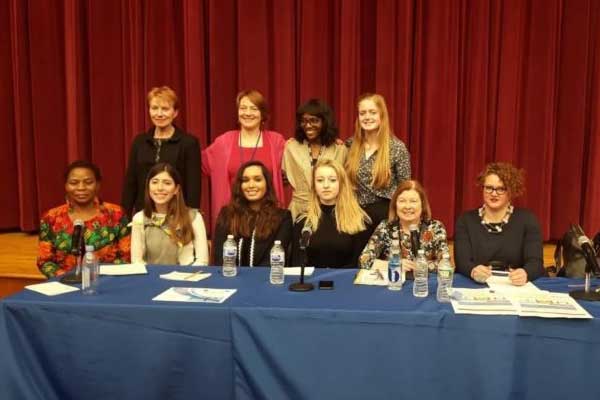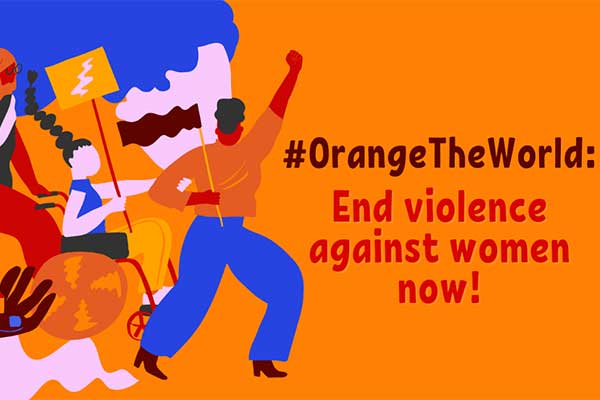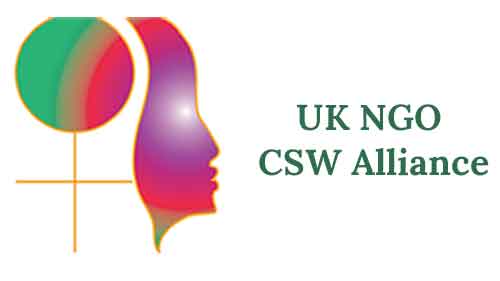
UN Commission on the Status of Women 58th Session
UK Government and civil society plan representation at the world’s most significant women’s rights platform in March 2014
By Elizabeth Willmott-Harrop, http://www.libertyandhumanity.com/
12 November 2013
On 28 October, I joined representatives from the UK Government and civil society for the joint preparatory meeting for the 58th Session of the United Nations Commission on the Status of Women (CSW) at the Department for Business, Innovation and Skills in London.
The UK NGO (non-governmental organisation) CSW Alliance, through its secretariat the National Alliance of Women’s Organisations (NAWO), was invited this year to partner the Government’s lead department at CSW – the Government Equality Office (GEO) – for this critical meeting in which around 90 stakeholders on gender equality planned their representation at CSW58 and how to advance the cause of gender equality – in the UK, in countries receiving UK aid, and internationally.
Delegates included Helen Grant MP, Minister for Sport & Equalities, and Lynne Featherstone, International Champion for HMG on Violence against women and girls, and officials from the Government Equalities Office (GEO), the Department for International Development – DFID , and the Department for Business and Skills. Among NGOs were UN Women UK National Committee, Womankind Worldwide, Widows for Peace Through Democracy, and many others who managed to arrive through the challenging storm.
The day included an introduction to CSW, the role of the UK Government Delegation, an update of the work of the Department for International Development (DFID) and its Strategic Vision for Girls and Women, and a review of the UK’s implementation of CSW57 Agreed Conclusions on the elimination and prevention of all forms of violence against women and girls.
In the latter half of the event there were three break-out sessions:
- CSW58 Preparations & Processes, led by Zarin Hainsworth , Co-chair of the UK NGO CSW Alliance and NAWO.
- Maximising Influence – working with international civil society, led by Jan Grasty President of the UN Women UK National Committee.
- Review of the UK’s implementation of CSW57 Agreed Conclusions, which Annette Lawson, Co-chair pf the UK NGO CSW Alliance and Chair of NAWO led in place of Ann Dawson of The Haven, who did not make it through the rain and wind.
While NGOs use the preparatory meeting to question government on policies affecting women, such as the recent cuts in legal aid (see for example Unequal Before the Law in Fabiana Autumn 2013), Helene Reardon-Bond head of gender equality policy and inclusion at GEO stressed NGOs should focus on the goals of CSW attendance. Reardon-Bond noted that the UK is seen as a “leading light” within the European Union in terms of joined up government policy on gender, with the GEO, FCO and DFID all working closely together.
About the Commission on the Status of Women
Established in 1946, the CSW is a functional commission of the UN Economic and Social Council (ECOSOC) and is the principal global policy-making body dedicated to gender equality and the advancement of women.
The Convention on the Elimination of All Forms of Discrimination against Women (CEDAW) which now has 187 State Parties, was prepared by the CSW and was adopted in 1979.
Every year, representatives of UN Member States gather at the UN Headquarters in New York for the CSW session to:
- evaluate progress on gender equality
- identify challenges
- set global standards
- formulate concrete policies to promote gender equality and women’s empowerment worldwide.
The principal output of CSW is the agreed conclusions on priority themes set for each year. Agreed conclusions contain an assessment of progress, gaps and challenges, and a set of concrete recommendations for action by Governments, intergovernmental bodies, civil society and other relevant stakeholders, to be implemented at the international, national, regional and local level.
In addition to the agreed conclusions, the CSW also adopts a number of resolutions for example on the situation of and assistance to Palestinian women (2010). ELIZABETH – this one is pretty controversial – just repeated every year – maybe find another or don’t mention at all
The UK NGO CSW Alliance was established in 2011, when GEO asked for a small group of Civil Society Organisations to liaise with them over representation at CSW56 when the major theme was Rural Women. Earlier this year the priority theme was VAWG and critically important for women everywhere. The CSW Alliance had a larger role including in providing daily briefings for NGOs attending and liaising with government throughout. The Alliance has now grown to 100 affiliated organisations and individuals.
Millennium Development Goals
The 58th session will be held in March 2014, with a priority theme of challenges and achievements in the implementation of the Millennium Development Goals for women and girls.
The MDG’s have provided a valuable focal point for the development community in the past 13 years, however they have also received much criticism, from the immeasurability of their targets to their lack of gender awareness.
CSW58 will therefore be a final but vital platform for reflecting on the MDGs as they evolve into the post 2015 development agenda and in improving the post-2015 framework to better promote the rights of women and girls and gender equity.
The UK NGO CSW Alliance has developed a policy on Priorities for the Post-2015 Agenda in preparation for CSW58. These priorities call for a stand-alone goal on Women and Girls as well as gender-specific targets integrated across other goals, and address the following key weaknesses in the MDGs:
- Across the existing MDGs, the goals that are most off-track and least likely to be reached are the ones that most depend on achieving gender equality.
- Serious issues affecting women around the world were left entirely untouched by the MDGs, such as rampant and widespread gender-based violence, including during armed conflict, revolution and sectarian violence, but also the impacts on women of prevailing economic development models.
- Overall, the MDGs failed to fully secure women’s rights or release the potential for women to transform their economies, societies and the environment.
Science and Technology for women and girls’ access to decent work
The CSW58 Review Theme will be access and participation of women and girls to education, training, science and technology, including for the promotion of women’s equal access to full employment and decent work, which formed the agreed conclusions from the 55th CSW session in 2011.
At the preparatory meeting, Jeremy Clayton Director, Research Base at Department for Business Innovation & Skills, gave a candid overview of issues affecting women, girls and access to STEM subjects including the fact that only 9 per cent of engineering professionals in the UK are female – the lowest in Europe. However Clayton also noted progress including the appointment of Dr Jackie Hunter CBE as the new Chief Executive of the BBSRC Research Council.
For further information about CSW58 please see: www.nawo.org.uk and www.unwomen.org/en/csw/csw58-2014
